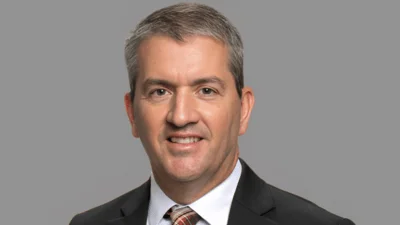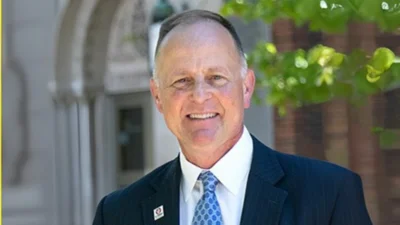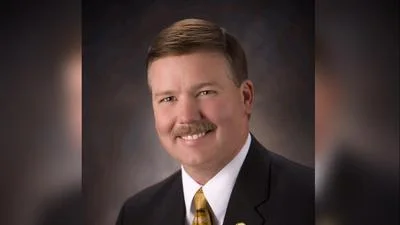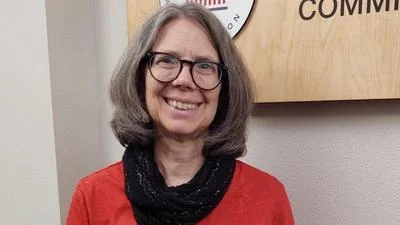Aerial view of part of the City of Eau Claire | eauclairewi.gov/
Aerial view of part of the City of Eau Claire | eauclairewi.gov/
Discovery of perfluoroalkyl substances (PFAS) exceeding newly-recommended safety levels in Eau Claire wells is concerning and might prompt federal action, a congressman representing Wisconsin's Third Congressional District said in recent social media posts.
"After working alongside my neighbors to address PFAS contamination in La Crosse, I understand what the Eau Claire community is going through," U.S. House Rep. Ron Kind said in a Facebook post on July 14. "No one should have to deal with unsafe drinking water. That's why I’m working to help communities leverage federal funds to improve their water systems and fight to label PFAS a hazardous substance to ensure sure the EPA can assist with cleanup efforts."
In a Twitter post on July 12, Kind said that "it's deeply concerning" that tests of four of Eau Claire's wells turned up PFAS levels greater than safety levels recommended last month by the Wisconsin Departments of Natural Resource and Health Services.
"The health and safety of all Wisconsinites is always my top priority, and I stand ready to work with the Department of Natural Resources and state and local government to help the Eau Claire community," Kind said. "As a member of the Congressional PFAS Task Force, I'm committed to pushing Congress to take action on this important issue and ensuring everyone has access to safe drinking water."
Kind's Twitter and Facebook posts followed a City of Eau Claire news release issued the same day that stated results from tests conducted in city wells in June of last year and this past April found low levels of PFAS in the city’s water supply. Those levels were "below recommended enforcement standards under current consideration by the Wisconsin Department of Natural Resources (DNR)," the news release said.
This month's "additional voluntary tests" found that four of the city's wells exceeded the state's safety levels for PFAS, the news release said. The four well were immediately shut off while the city's remaining 12 wells "have either no PFAS or detection numbers below recommended safety limits," the news release said.
"The city will continue to monitor all of its wells for PFAS and continue to work with the DNR and DHS to both keep our drinking water safe and our customers informed," Eau Claire Utilities Manager Lane Berg said in the news release. "We will also work with the DNR to identify the source of the PFAS affecting the four city wells and ensure other wells or any new wells are not affected by PFAS now or in the future."
The city also is looking into how best to mitigate concentration of PFAS in its wells and has started testing every two weeks. Test results will be publicly available and regularly updated on the city's website.
PFAS have been mostly unregulated in the U.S., which has allowed them to seep into many parts of everyday life, including nonstick cookware, firefighting foam, food packaging, infant juice containers and stain-resistant furniture.
PFAS don't readily break down but do readily pass through soil and drinking water, where some say they threaten the health of humans and wildlife alike and have become a global pollutant linked to cancer and other illnesses.
The U.S. Environmental Protection Agency maintains a webpage with basic information about various types of PFAS, including perfluorooctane sulfonate (PFOS) and perfluorooctanoic acid (PFOA), but the scientific community remains not in agreement about what levels of PFAS – if any – are toxic.





 Alerts Sign-up
Alerts Sign-up